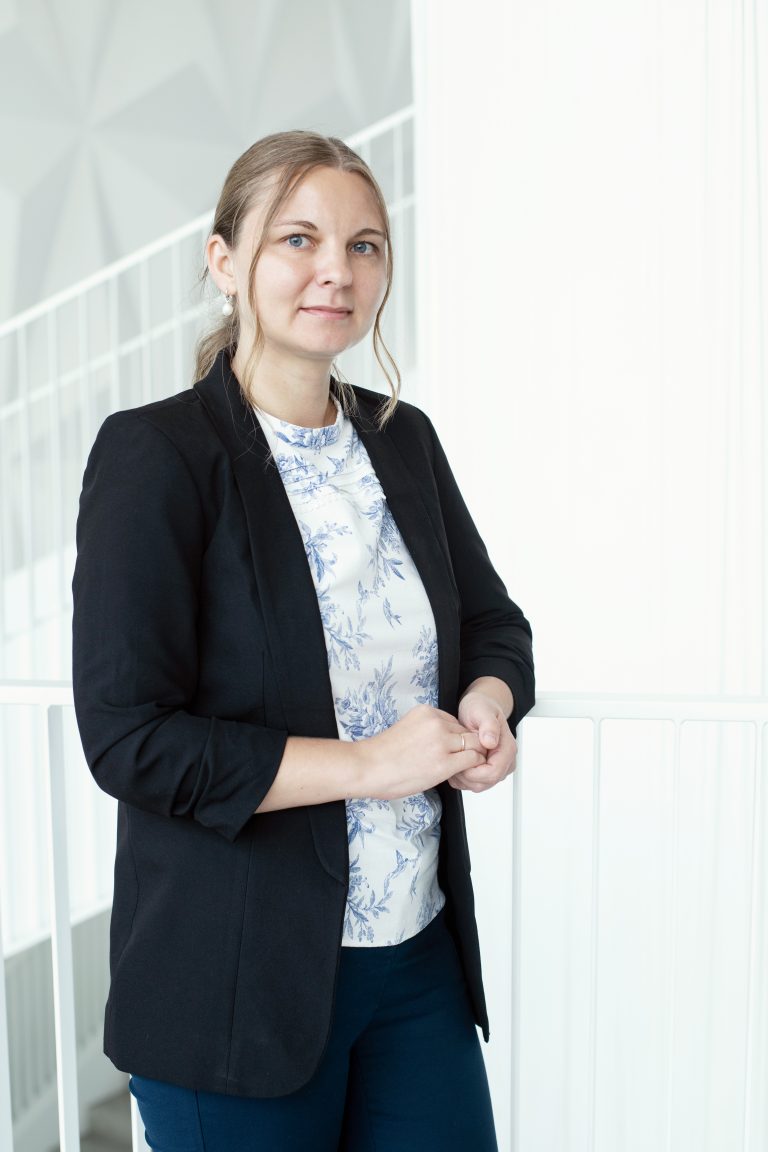Kurkime modernią Lietuvos ateitį kartu
RegistruotisMinistry of Culture of the Republic of Lithuania
The algorithm of knowledge: application of artificial intelligence in Lithuanian journalism
Problem
he use of artificial intelligence (AI) to perform various journalistic functions is growing rapidly. This year, 5 out of 45 Pulitzer Prize finalists declared the use of AI tools in their work. Machine translation of texts is becoming increasingly popular, and in November 2023, the Council of Europe approved Guidelines on the responsible implementation of artificial intelligence (AI) systems in journalism. One of the key AI aspects discussed in the guidelines is the importance of transparency and explainability when applying AI in journalism. This includes disclosing AI system usage to both subjects (affected by the AI application) and the audience. The EU AI Act also discusses transparency, mandating the labeling of AI-generated content.
While specific rules and clarity are still lacking, initiatives at the EU level indicate a clear direction towards increasing transparency. But what is the situation in Lithuanian journalism?
AI can be used for a wide range of tasks: idea generation, research, translations, automated writing of factual texts (sports, finance, business reviews), creative writing, etc. However, the extent of application in Lithuania is unknown. There is no clear practice of marking or verifying AI content.
Moreover, there are opinions that admitting to using an AI tool makes a creator less attractive or trustworthy, potentially being seen as lazy or even incompetent. Thus, this topic is still surrounded by certain fears and stigma. Meanwhile, globally, there is an evident collaboration between AI and journalistic activities: OpenAI has entered into an agreement with the Associated Press (AP) to train their AI from AP archives, and AP gains access to OpenAI technology, which it uses for experiments to understand how it could help improve their journalistic work.
Another question arises: what is the relationship between Lithuanian journalism and AI?
In Lithuania, no studies have been conducted that show how journalists use AI at various stages of their work. It is also unclear whether there is adherence to the element of transparency in stating that an AI tool was used in the creative process.
Goal
The aim of the project is to conduct a study on the practice of using AI tools in Lithuanian journalism:
- Reveal the scope and variety of AI use in journalism,
- Understand the fears, stigmas, and challenges surrounding the use of AI,
- Promote ethical, safe, and transparent use of AI tools in journalism.
Project progress
2024/04/26
Analysis of trends in the use of artificial intelligence in journalism
2024/05/03
Developing the survey questionnaire and subject map
2024/06/03
A questionnaire survey
2024/06/19
Analysis of the questionnaire survey
2024/06/28
Interviews with journalists
2024/07/31
Analysis of interviews
2024/08/29
Forum "Knowledge algorithm: will avatars read Lithuanian news?"
Result

